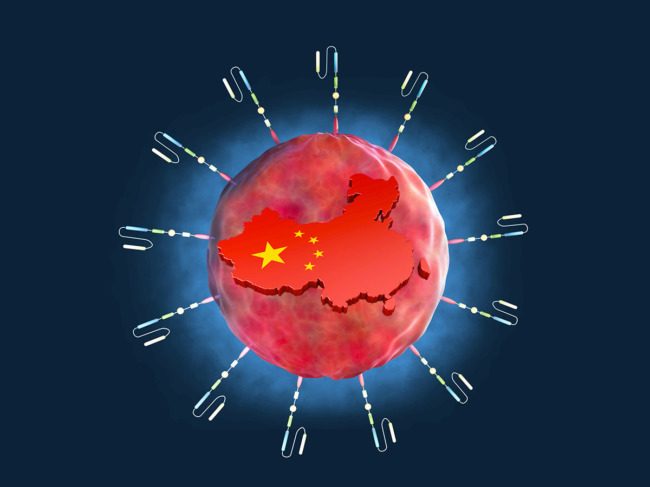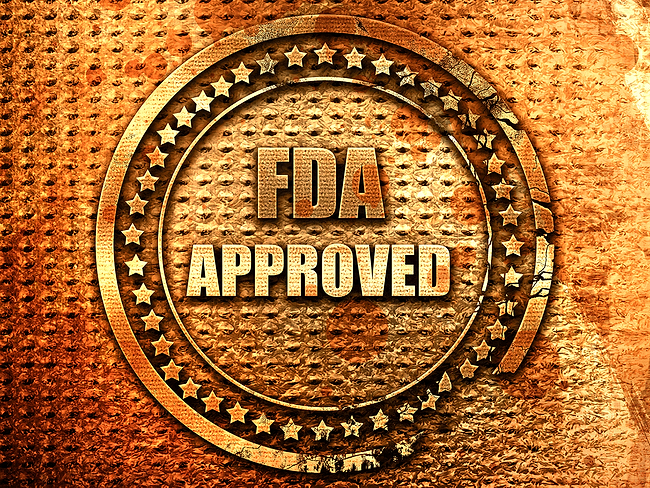
Analysis and data insight
Biopharma regulatory actions and approvals March 2024
US FDA makes history with 30 drugs approved in March
Read MoreChina’s CAR T market comes of age
CAR T pipelines bloom to treat world’s largest cancer population
Read MoreChina’s CAR T market comes of age




